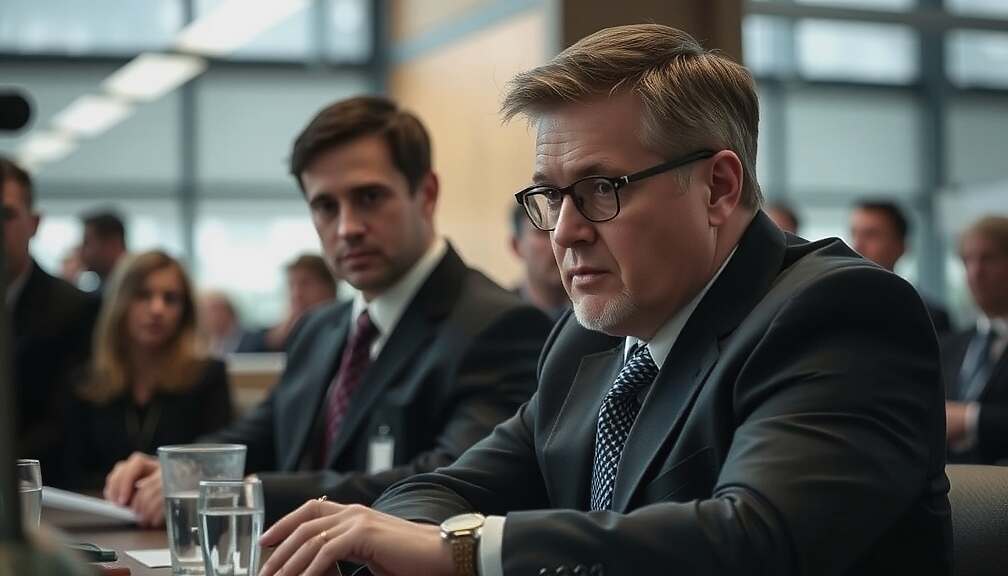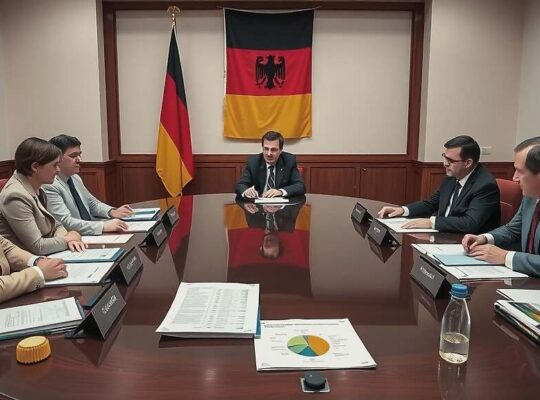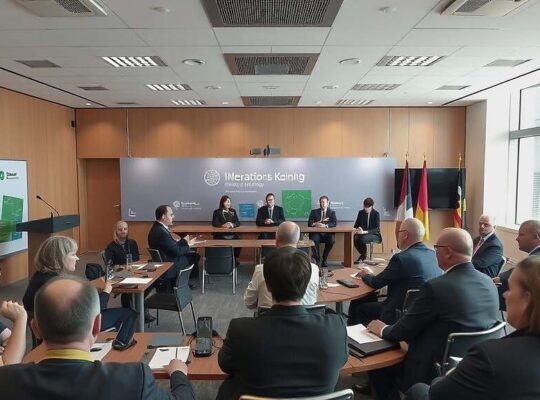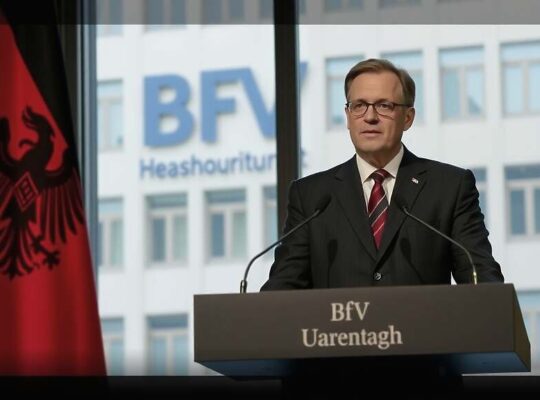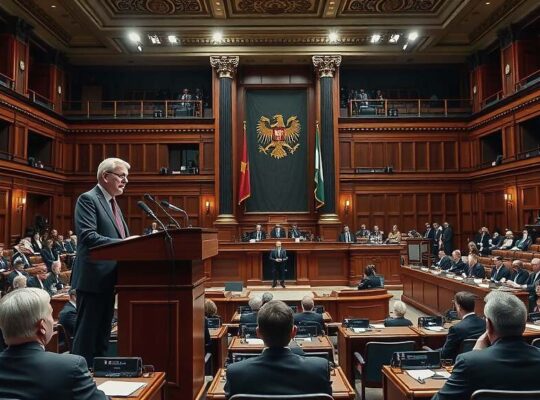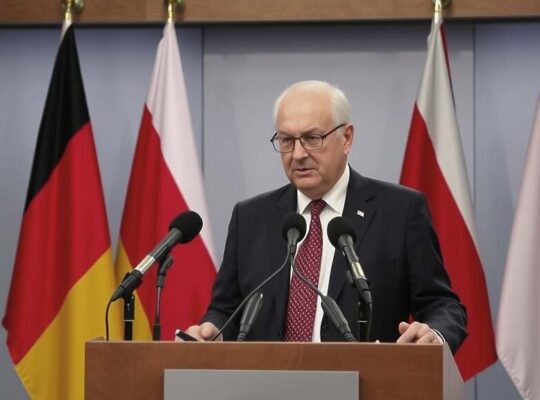Germany’s Interior Minister Alexander Dobrindt has signaled a significant shift in the nation’s cybersecurity and defense strategy, advocating for a more proactive and potentially aggressive response to escalating hybrid attacks targeting German businesses and critical infrastructure. Speaking at the “Welt” security summit in Berlin, Dobrindt criticized the current reactive approach, stating that merely diverting and repelling cyberattacks is no longer sufficient.
The minister outlined intentions to revise legal frameworks to permit targeted disruption and destruction of aggressor infrastructure, irrespective of its physical location. This signifies a departure from prior defensive postures, potentially blurring the lines between cyber defense and offensive cyber operations. While details remain sparse concerning the precise nature of these authorized actions, the statement raises concerns among legal experts and international observers regarding potential violations of international law and potential escalation of conflict.
The escalation in rhetoric comes amid a surge in unidentified aerial phenomena observed over sensitive German installations. Dobrindt directly linked some of these drone sightings to what he termed Russia’s “shadow fleet” implying state-sponsored reconnaissance and potentially malicious activity. This accusation, while lacking publicly available substantiating evidence, contributes to a growing narrative of heightened geopolitical tension between Germany and Russia.
Further reinforcing the severity of the perceived threat, Dobrindt characterized Germany as undergoing a “stress test” regarding the state’s ability to withstand external pressures. He emphasized the increasing use of novel technologies by foreign powers to destabilize the nation.
To bolster Germany’s defenses, Dobrindt announced a concrete timeline for the establishment of a national drone defense center, scheduled to be operational by mid-December. This centralized hub will consolidate the expertise of the Federal Police, the Federal Criminal Office and state police forces in the fight against drone-related threats, signaling a crucial step towards enhancing national security capabilities, but also raising questions about the potential for expanded surveillance powers and potential civil liberties implications. The announcement underscores the growing urgency within the German government to address the evolving nature of modern security threats and the perceived weakening of the nation’s resilience.


